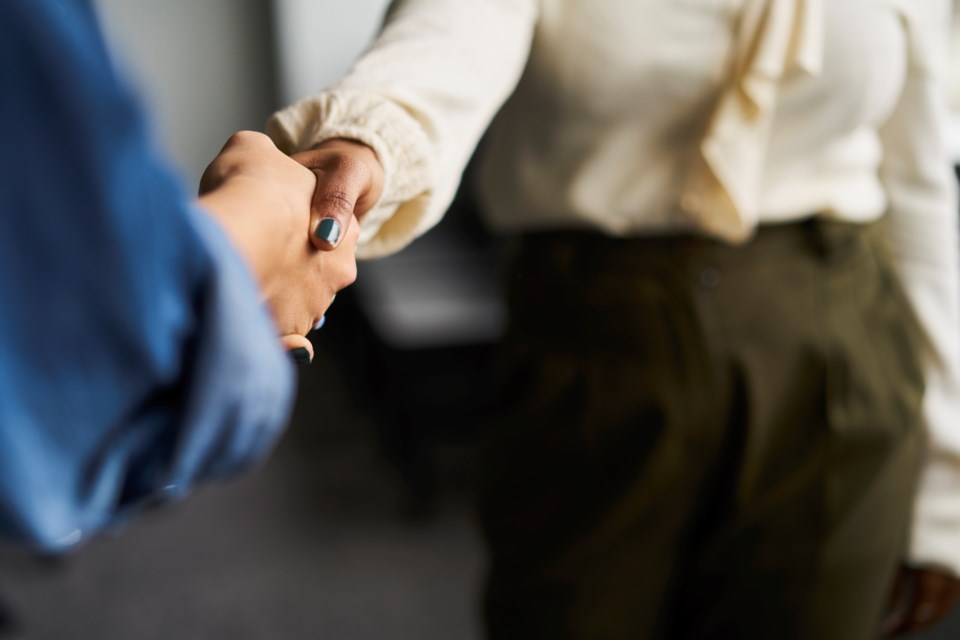Women and non-binary immigrants and refugees who experienced violence or trauma will be able to access employment services and support through a recent $2.4 million grant from the B.C. Ministry of Social Development and Poverty Reduction.
This three-year grant will expand the organization's trauma-informed and culturally-safe 12-week employment program called Axis. The program offers virtual one-on-one employment services with in-person services upon request.
Axis offers English, Punjabi/Hindi, Cantonese/Mandarin and Farsi language services. The grant will allow the program to expand across the province and add Filipino, Dari, and Ukrainian language services.
Since 2021, the program has helped 200 women and non-binary immigrants and refugees who have experienced violence.
“Immigrant and refugee women and their families who are survivors of violence deserve a good life,” said Sheila Malcolmson, Social Development and Poverty Reduction. “This employment service we are funding through YWCA’s Axis program will help them gain the skills and jobs to help rebuild their lives."
Without access to the support and services they need, they can be at greater risk of poverty, social isolation, anxiety and depression, and further violence, says Maclolmson.
While immigrant and refugee women and non-binary people can experience many types of violence, including intimate partner violence, their immigration status can exacerbate the violence they're experiencing, according to the LearningNetwork's "Intimate Partner Violence Against Immigrant and Refugee Women" report.
Some examples of heightened vulnerabilities that the report notes include being prohibited from learning English or French to isolate them, not feeling safe to call the authorities in fear of deportation or loss of children, or not being aware that their refugee status can be separated from their abusive partner's during the refugee process.
“Not being safe or feeling unsafe is a real obstacle to gender equity. Self-identifying women simply can’t be successful when living in fear and uncertainty,” said Kelli Paddon, Parliamentary Secretary for Gender Equity.
“It’s for this reason we are taking action cross-government to help prevent and end violence against women and ensure survivors can access the care and supports they need, including investing in the YWCA’s Axis program.”



